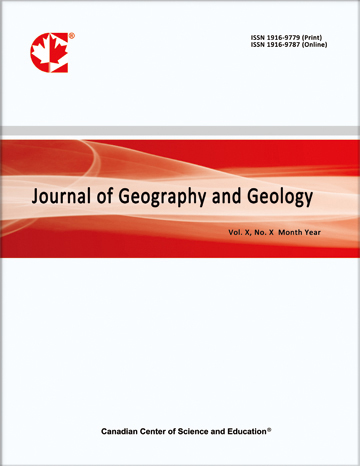School Geography: Our Expectations Regarding Routines. A Case-Study
- Xose M. Souto Gonzalez
- Diego Garcia Monteagudo
Abstract
School geography has been reduced to a descriptive knowledge of the world and to the explanation of difficult conceptual facts. This results from the rise of communication technologies and the disregard of the study of relevant problems as a part of the discipline. It is key, in order to create an alternative that promotes critical civic learning, to challenge school routines. In this case, the combination of social representation theories and behavioral and perception geography provides the opportunity to both analyze current practices and introduce alternative praxis. Research is a key element when challenging hegemonic ideas to build a new school geography that promotes civic learning. The purpose of this paper is to prove how research can help support school geography innovation through surveys, interviews, and discussion groups.
- Full Text:
 PDF
PDF
- DOI:10.5539/jgg.v10n2p80
Journal Metrics
(The data was calculated based on Google Scholar Citations)
Google-based Impact Factor (2018): 11.90
h-index (January 2018): 17
i10-index (January 2018): 36
h5-index (January 2018): 13
h5-median(January 2018): 15
Index
- BASE (Bielefeld Academic Search Engine)
- Bibliography and Index of Geology
- CiteFactor
- CNKI Scholar
- Educational Research Abstracts
- Excellence in Research for Australia (ERA)
- GeoRef
- Google Scholar
- LOCKSS
- NewJour
- Norwegian Centre for Research Data (NSD)
- Open J-Gate
- PKP Open Archives Harvester
- SHERPA/RoMEO
- Standard Periodical Directory
- Ulrich's
- Universe Digital Library
- WorldCat
Contact
- Lesley LuoEditorial Assistant
- jgg@ccsenet.org
